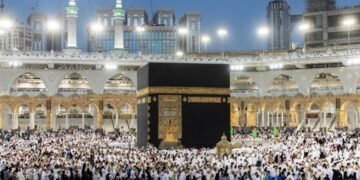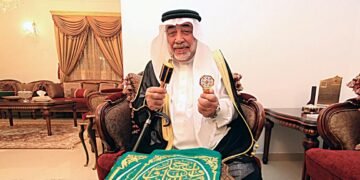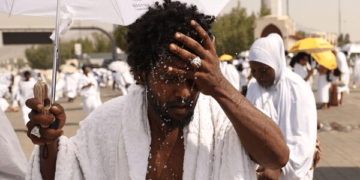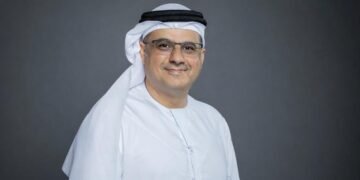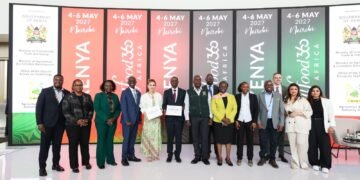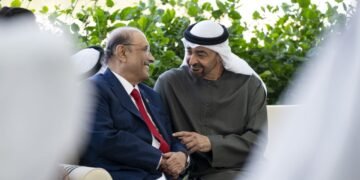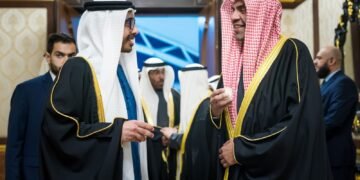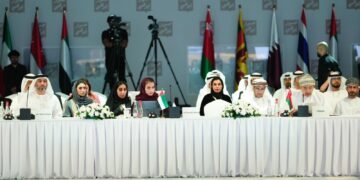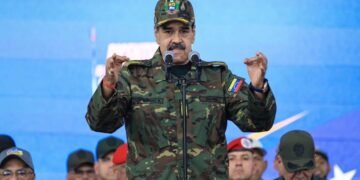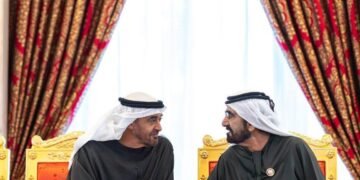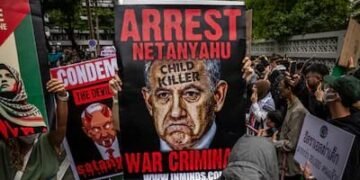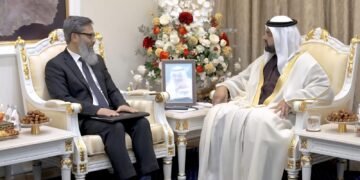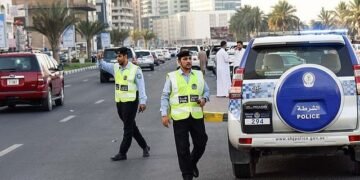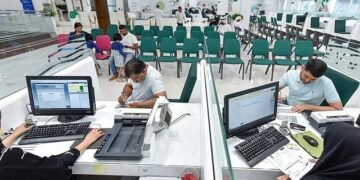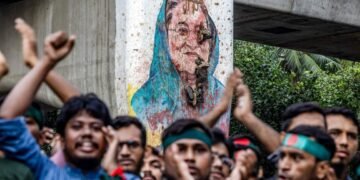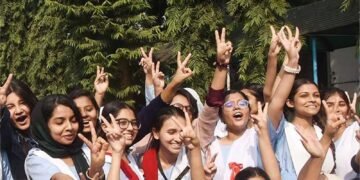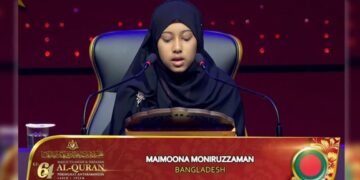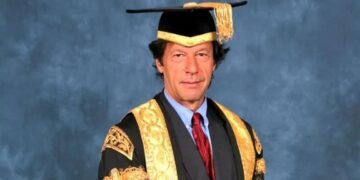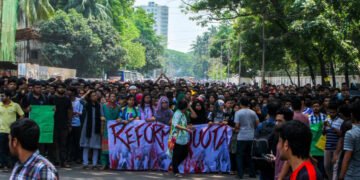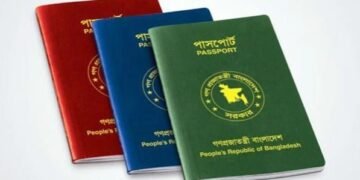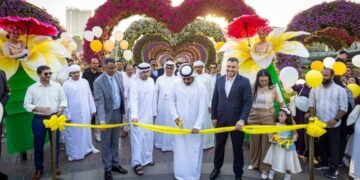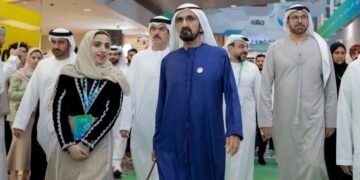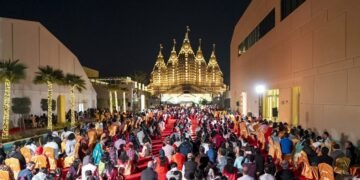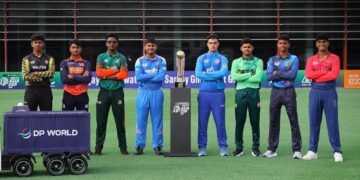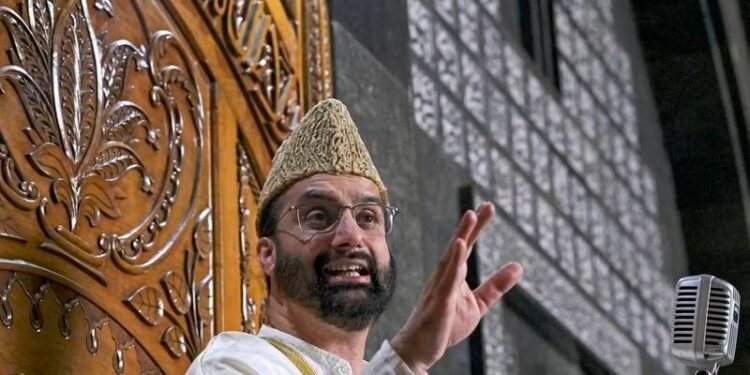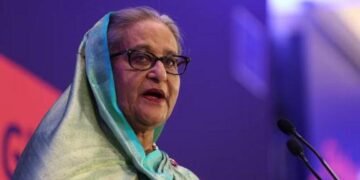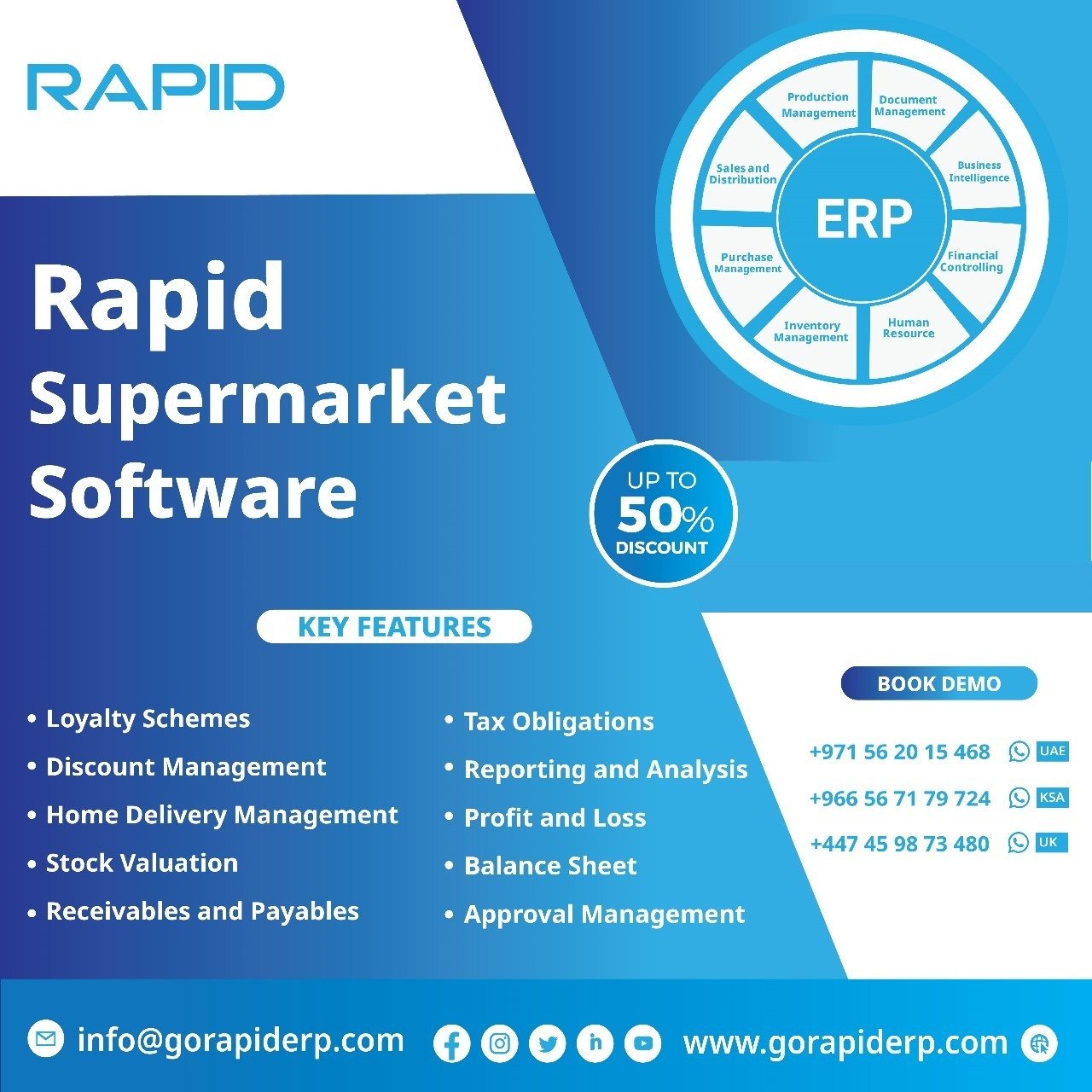He was detained a day after New Delhi abruptly revoked the region’s special autonomous status in 2019
Kashmiri religious head and separatist leader Mirwaiz Umar Farooq was released from house arrest on Friday and allowed to take part in Friday prayers, four years after he was detained.
His arrest followed the government of Narendra Modi revoking the special autonomous status of Kashmir, which is disputed between India and Pakistan.
Mr Farooq, 50, is the religious leader of the Muslim community in the Kashmir Valley as well as the chairman of the Hurriyat Conference, an alliance of over two dozen separatist and religious groups in the valley.
He was detained a day after New Delhi abruptly repealed Article 370 which gave certain autonomous powers to the region on August 4, 2019.
The Muslim majority Himalayan Kashmir region is ruled by India and Pakistan in parts but claimed by both in its entirety since British colonisers left the subcontinent in 1947.
The two countries have fought three wars over the region and a three-decades-long armed insurgency has claimed the lives of tens of thousands of people.
New Delhi argues that Kashmir’s semi-autonomous status fuelled separatist sentiments in Kashmir and deprived the region of investment and development.
Mr Farooq was among dozens of anti-India political figures who were arrested or put under house detention in early 2019, amid fears they were fomenting and funding street protests.
He was allowed to take part in the Friday congregational prayers at the Jamia Masjid in Srinagar, said the Anjuman Auqaf Jamia Masjid, the management committee of the mosque. Mr Farooq heads the mosque.
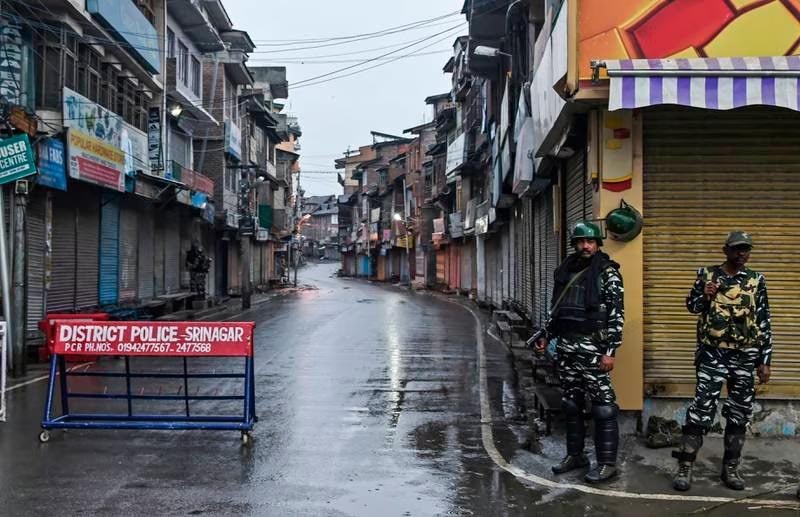
He had filed a petition with the Jammu and Kashmir High Court challenging his “illegal” detention and sought “to avail the freedom and liberty guaranteed to him under the (Indian) Constitution”.
The court had on September 15 sought a reply from the administration that comes under the direct rule of Prime Minister Narendra Modi’s central government within four weeks.
Mr Farooq had pleaded before the court to be allowed to deliver Friday sermons and lead the Friday congregational prayers and that the “impediments into his day-to-day life including his free movement as a citizen be removed”.
Former chief minister of the region Omar Abdullah welcomed the administration’s decision to release Mr Farooq.
“We welcome this step by the government. He should not have been held under house arrest for so long. Now that he has been released it means that the situation here is not so bad and elections can be conducted. We hope he will fulfil his socio-religious role now,” Mr Abdullah said.
Source: The National




